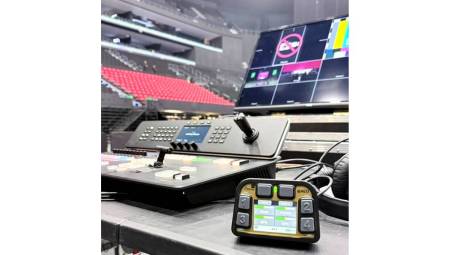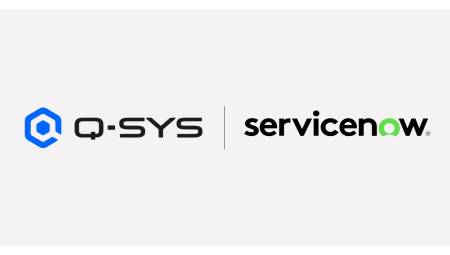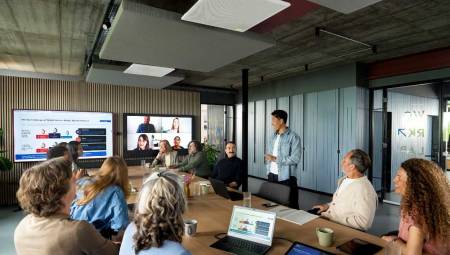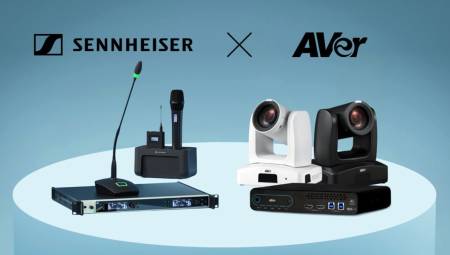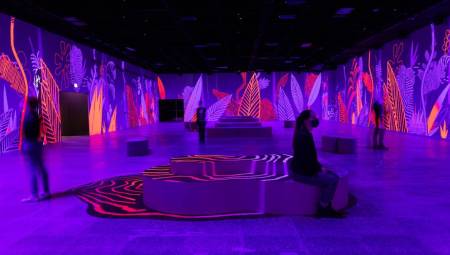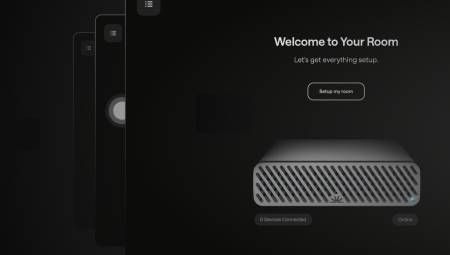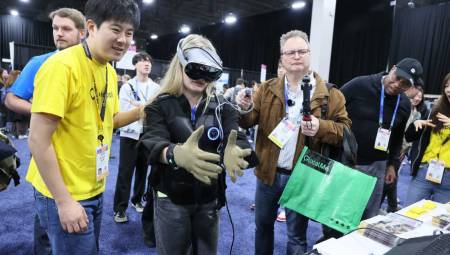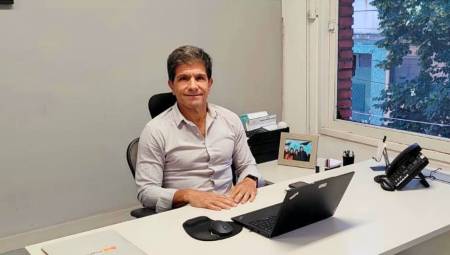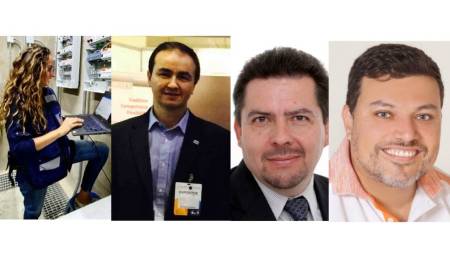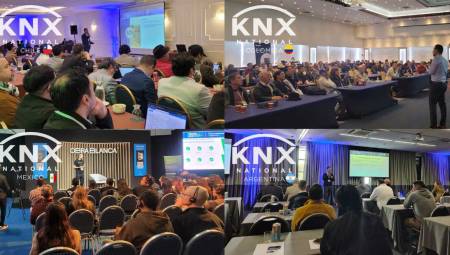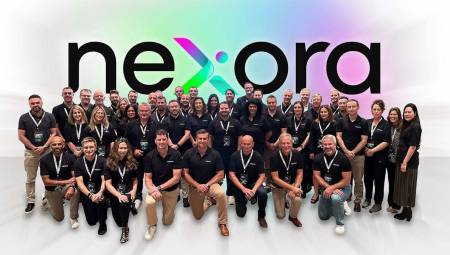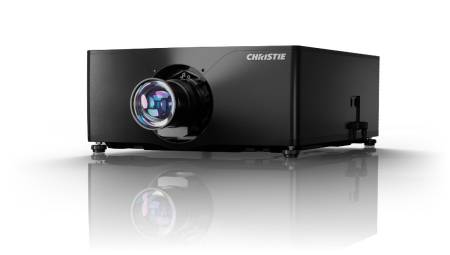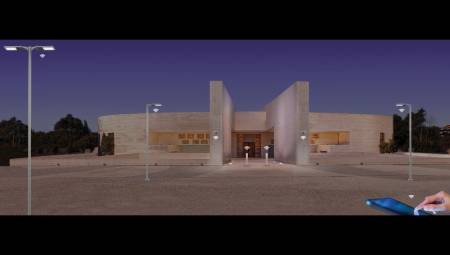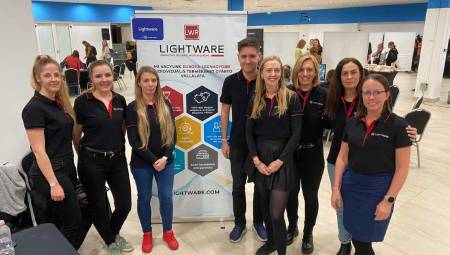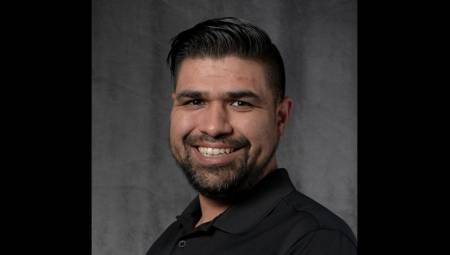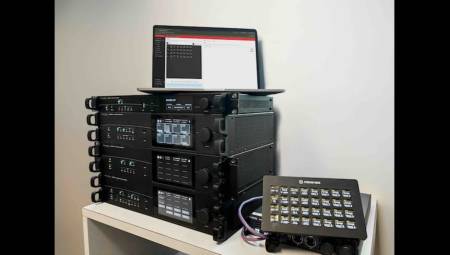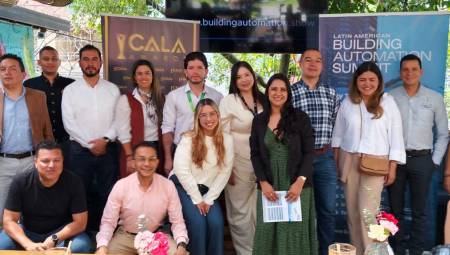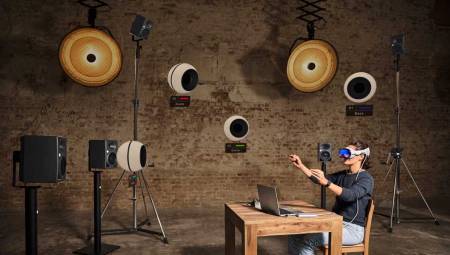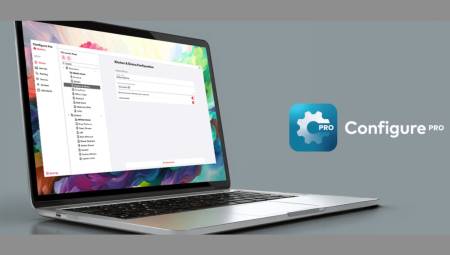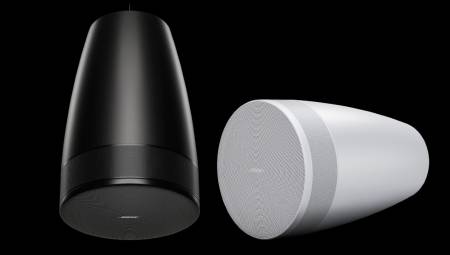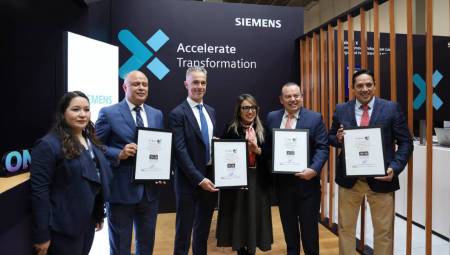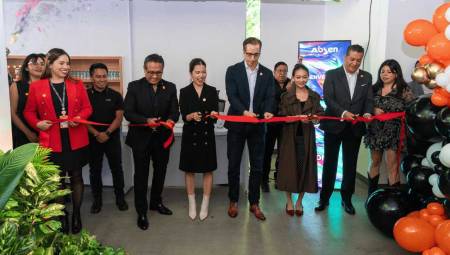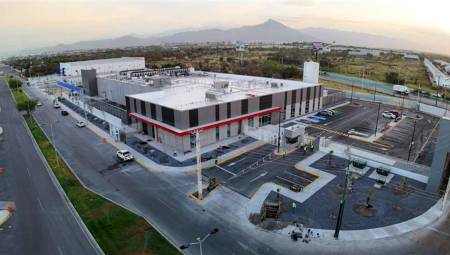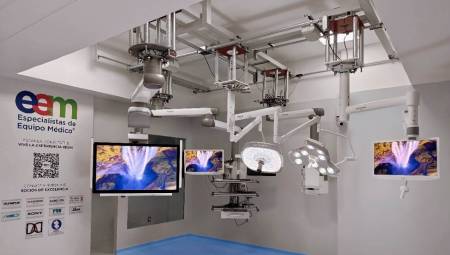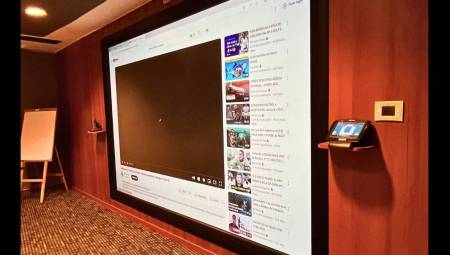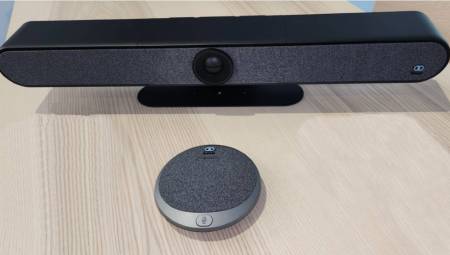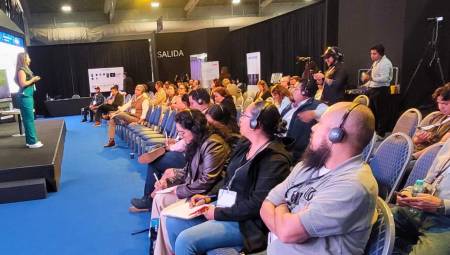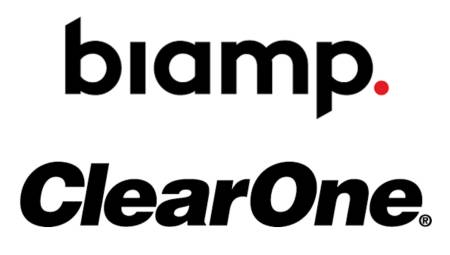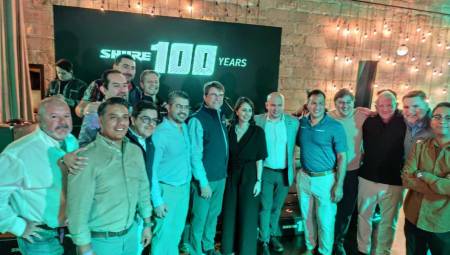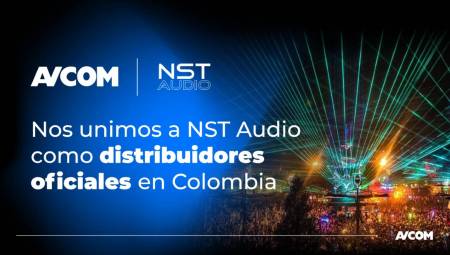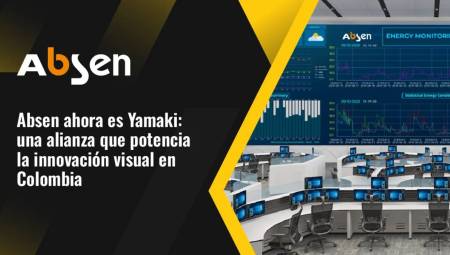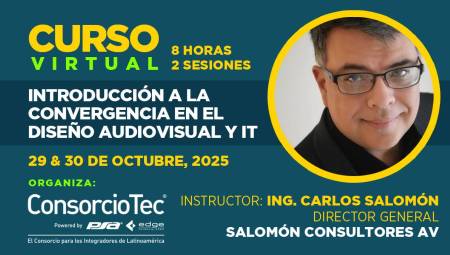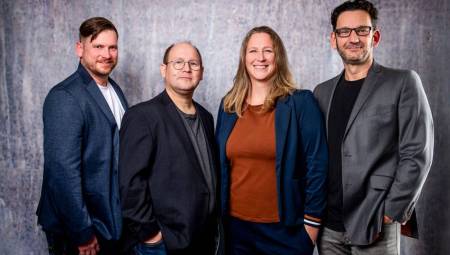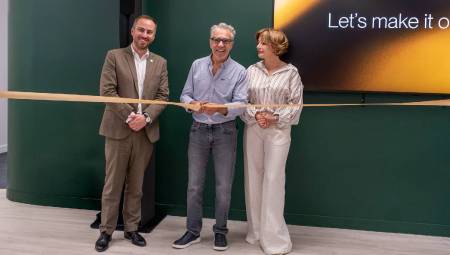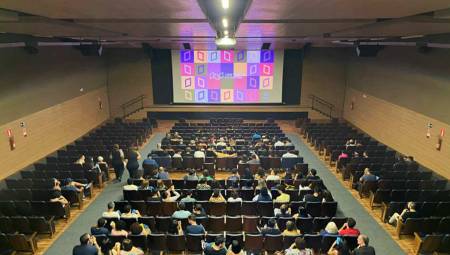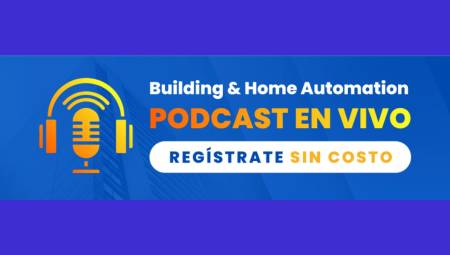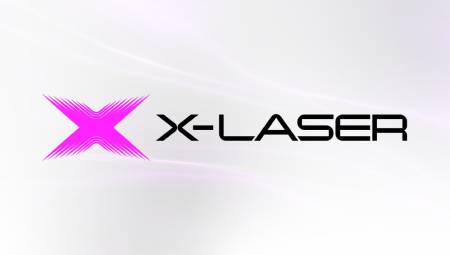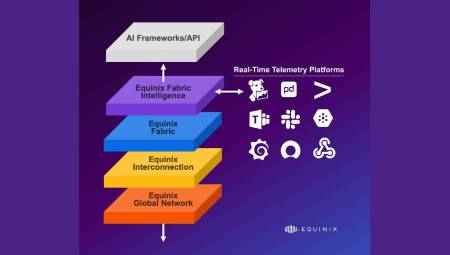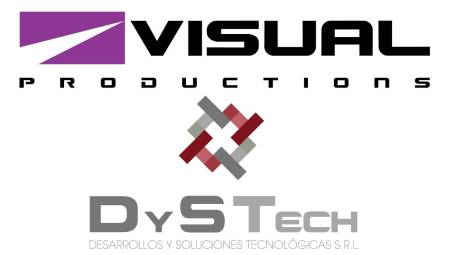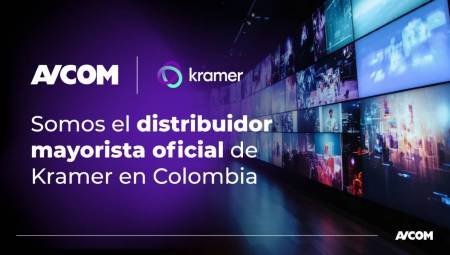Latin America. The World Health Organization (WHO) has launched a resource focused on health systems around the world to assist them in the implementation of telemedicine services.
The tool, called Support tool to strengthen telemedicine, has been developed by researchers from the Open University of Catalonia (UOC), as part of its activity as a WHO Collaborating Centre in eHealth from 2018 to 2024.
Through the Faculty of Health Sciences, the UOC is internationally recognised for its work in telemedicine and eHealth, both in research and development of solutions and in the education and training of professionals, with sixteen years of experience.
A recent WHO report for the European Region shows that 78% of member states include telemedicine in their health policies. Despite this, the deployment of this type of healthcare is uneven, and one of the main challenges is the lack of guidelines to support its implementation.
Francesc Saigí, a researcher in the Epi4health group, a professor at the UOC's Faculty of Health Sciences, explains that "the tool is ideal for countries seeking to integrate telemedicine into their digital health strategy to ensure equitable access to healthcare services. It is also useful for care networks, as it helps to coordinate services between different levels, improving continuity and efficiency."
This tool serves as a guide to assist healthcare systems around the world in the design, development, implementation, and evaluation of telemedicine services. With this support, healthcare industry leaders, decision-makers, and other actors will be able to define the most context-appropriate strategy for implementing telemedicine services, identify changes, resources, and infrastructure needed, and also monitor and evaluate services once they have been implemented. The versatility of the resource makes it also useful for implementing telemedicine in individual centers.
A common guide for diverse healthcare contexts
Although the tool has been developed within the framework of the WHO Regional for Europe, its design allows it to be used and adaptable to a wide variety of contexts, both in European countries and in other regions of the world.
One of the values it provides is that, despite the great differences between health systems, both in terms of the level of regulation and technological infrastructure and resources, it provides a common framework adaptable to different social and economic realities. In addition, it promotes collaboration between the different actors of the health system and the active participation of professionals.
The five areas addressed by the tool are: the evaluation of the healthcare ecosystem, to discern whether it is ready for the implementation of telemedicine; the design of an integrated strategy in the health system; the creation of the organizational change necessary for the new digital reality; the process of developing the service, and monitoring, evaluation and optimization once it has been implemented.
Its user-friendly design makes it easy to quickly locate information and resources, with step-by-step instructions on how to implement telemedicine services effectively. "As it is based on evidence and global best practices, users can trust its effectiveness," says Saigí.
One of the main challenges in the use of this resource and, in general, in the implementation of telemedicine services, is resistance to organizational change. As the researcher explains, "the adoption of new processes and technologies may encounter opposition among health professionals; hence the importance of involving them from the beginning, from the design and implementation phase, as promoted by the tool".
Other obstacles include low training in telemedicine – which can effectively limit its implementation – lack of financial resources, and the complexity of integrating telemedicine services into existing health systems. Finally, you also have to consider the different ethical regulations and standards depending on the context, which must be taken into account to ensure that the telemedicine service complies with the regulations.
First countries to use the resource and future projection
Now that the documentation for the tool has been published by the WHO, the organization that owns it, it is beginning to be used in some countries. Bosnia and Herzegovina is already using it in its health systems, and Georgia will do so soon. States such as Armenia, Moldova and Romania are also interested, but the fact that they want to implement it at national level delays its implementation.
Francesc Saigi's team at the UOC is currently developing a second tool that would give continuity to this first guideline and that will focus on evaluating the results of the telemedicine service, both in clinical and economic terms.





